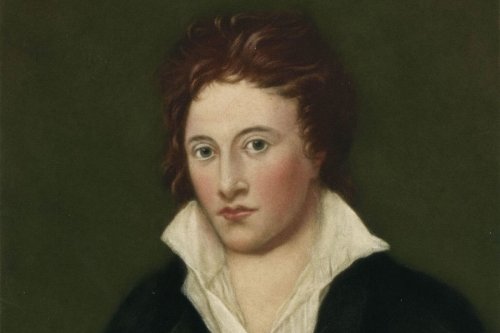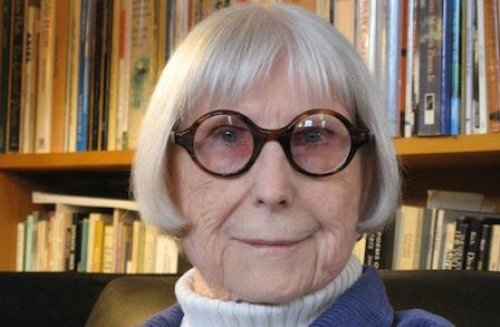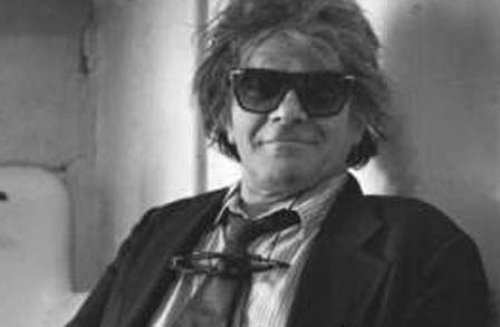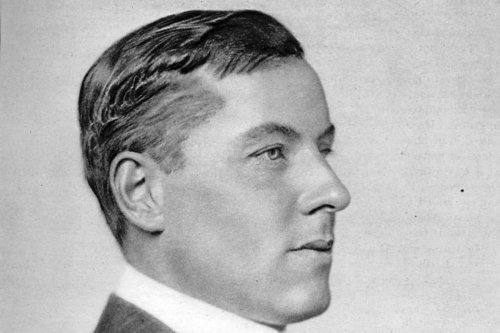You've heard me, scornful, harsh, and discontented,
Mocking and loathing War: you've asked me why
Of my old, silly sweetness I've repented—
My ecstasies changed to an ugly cry.
You are aware that once I sought the Grail,
Riding in armour bright, serene and strong;
And it was told that through my infant wail
But now I've said good-bye to Galahad,
And am no more the knight of dreams and show:
For lust and senseless hatred make me glad,
And my killed friends are with me where I go.
Wound for red wound I burn to smite their wrongs;
And there is absolution in my songs.









Comment form: